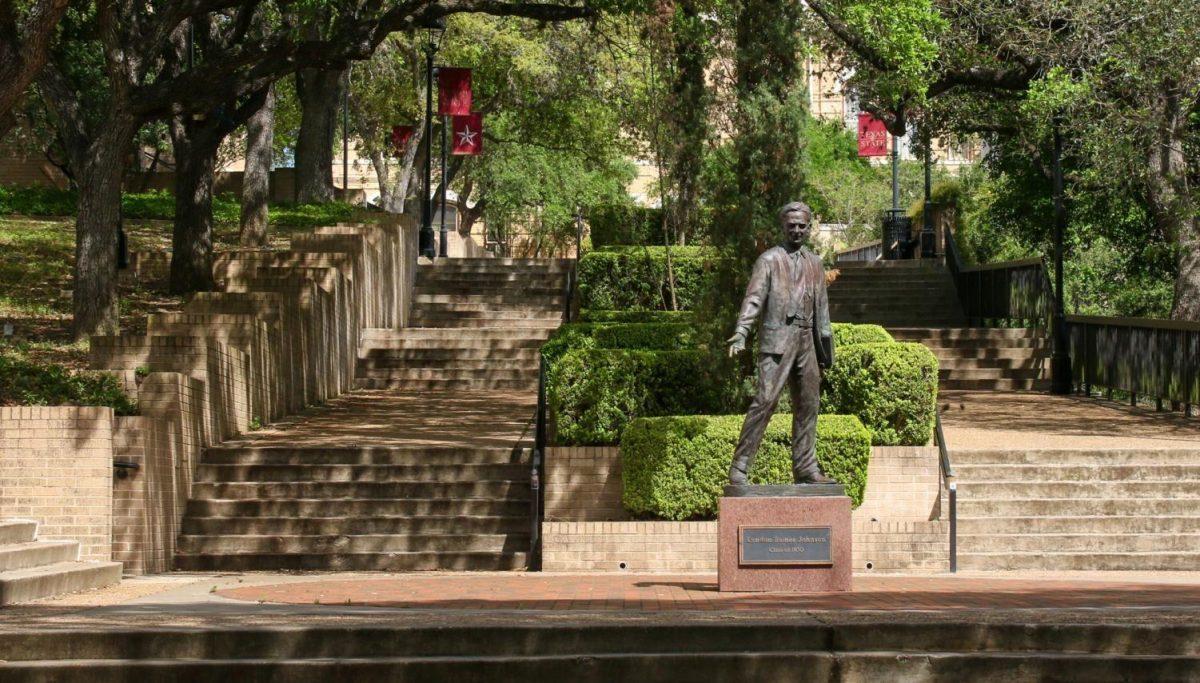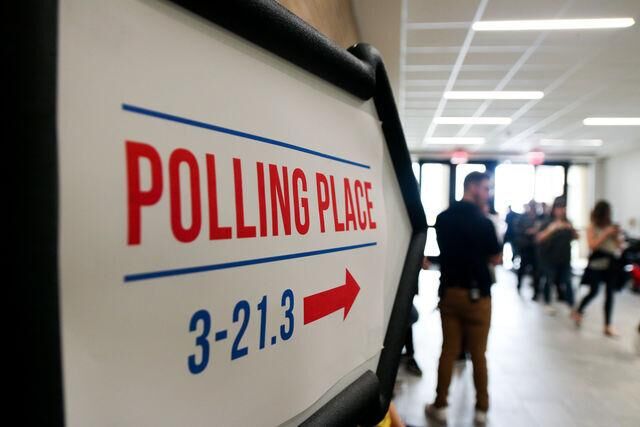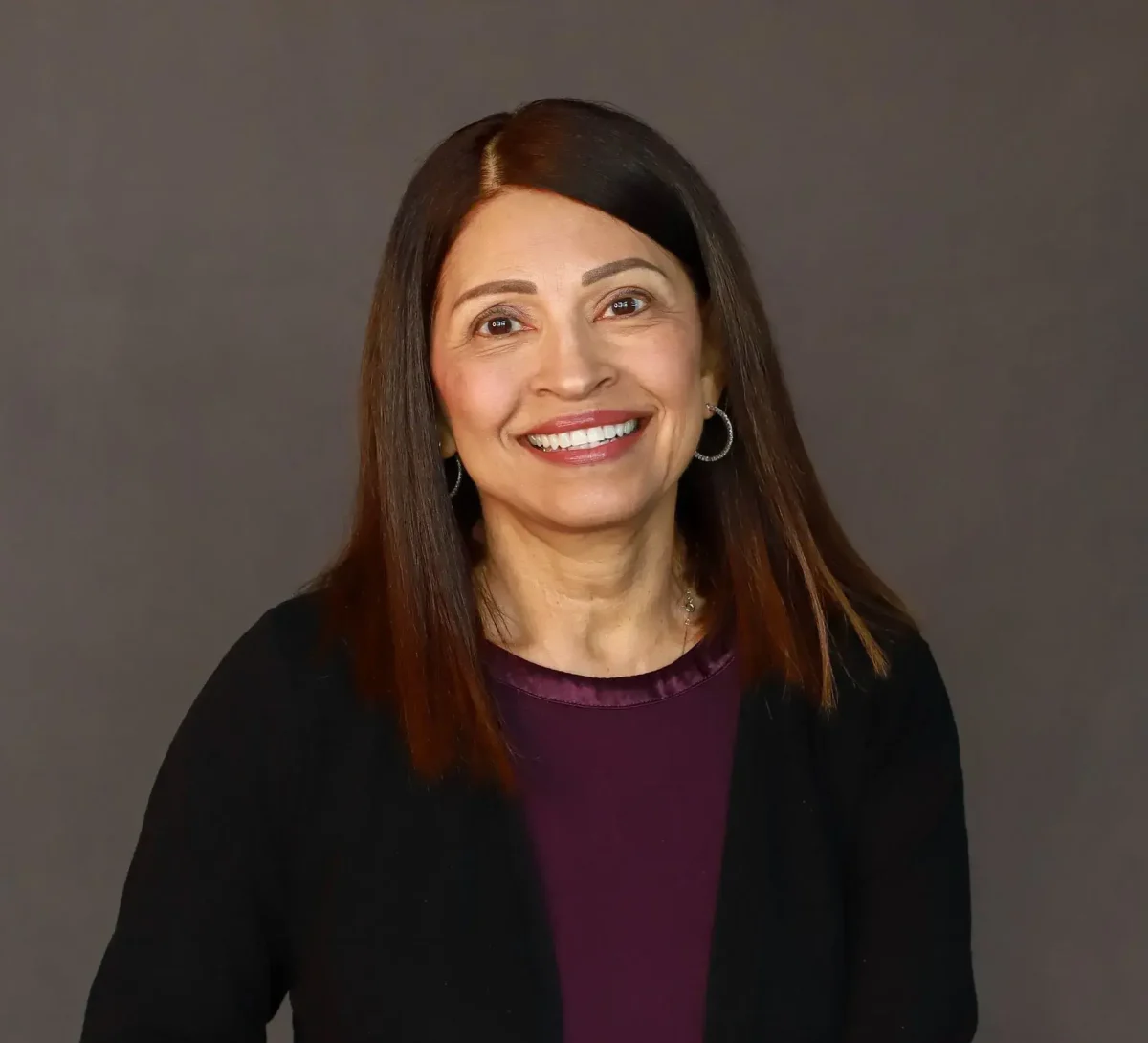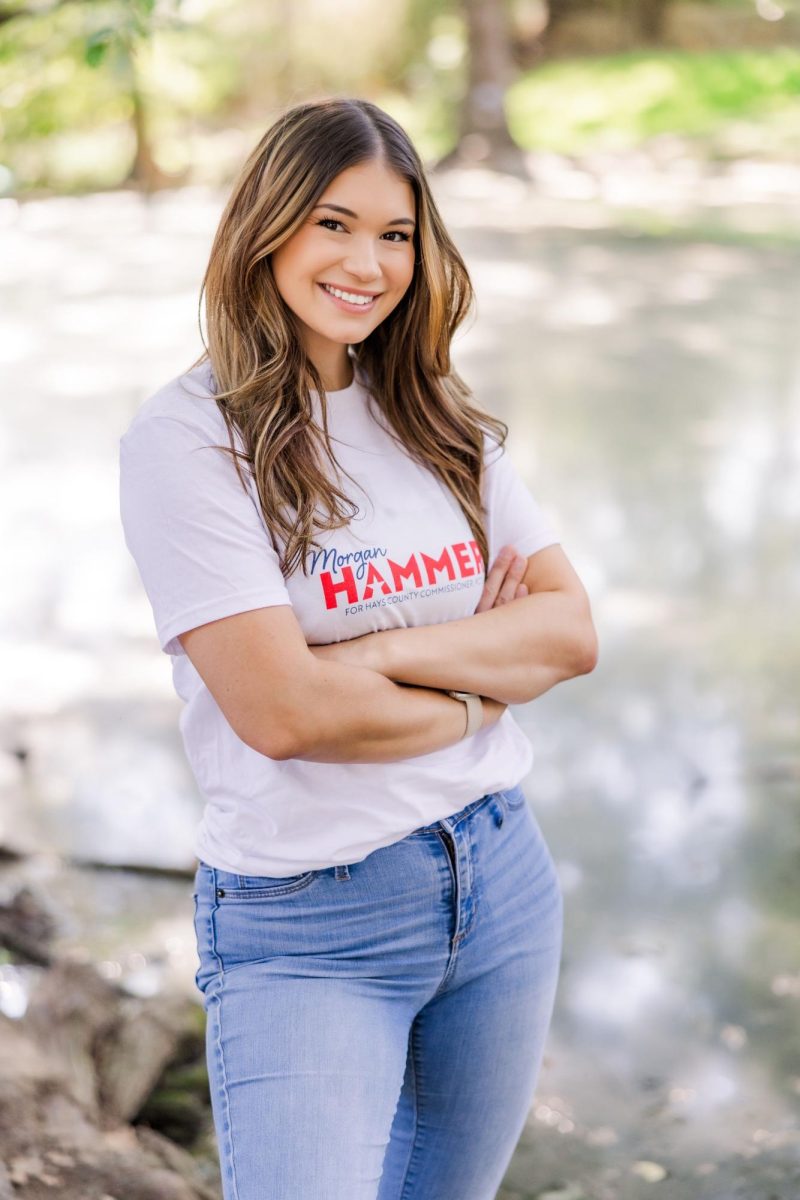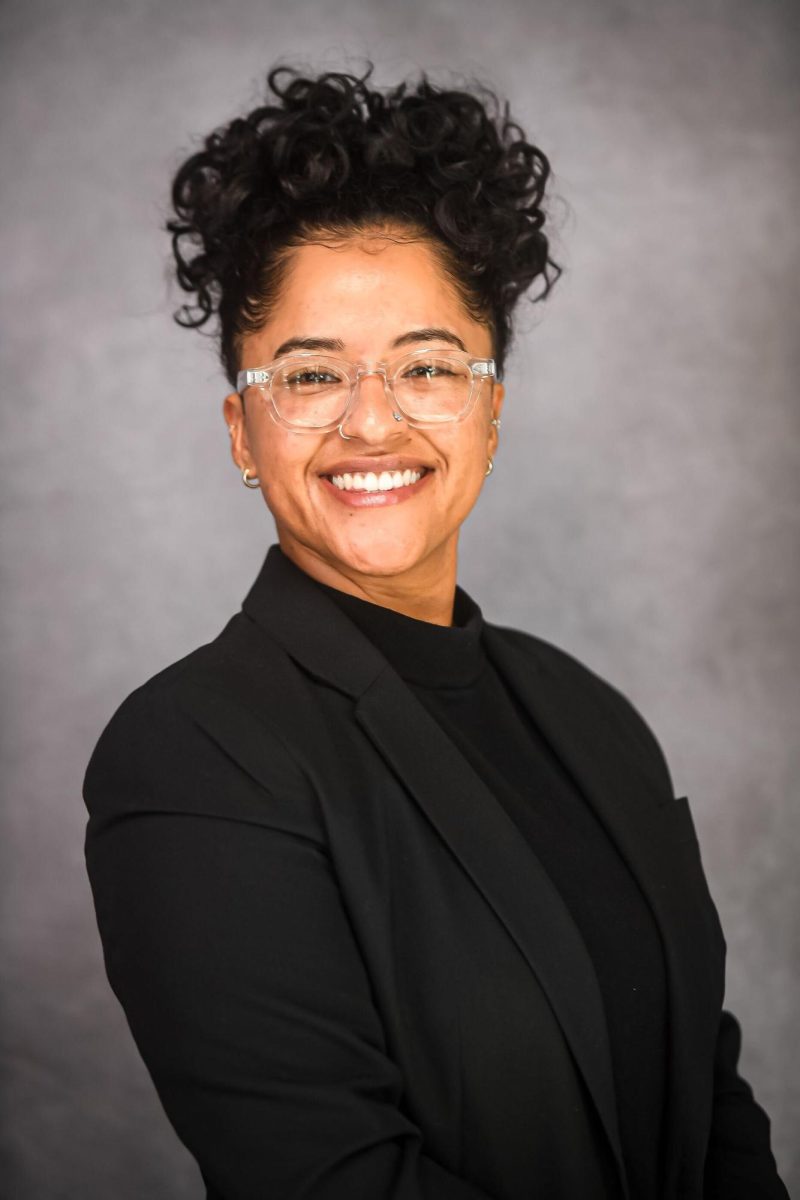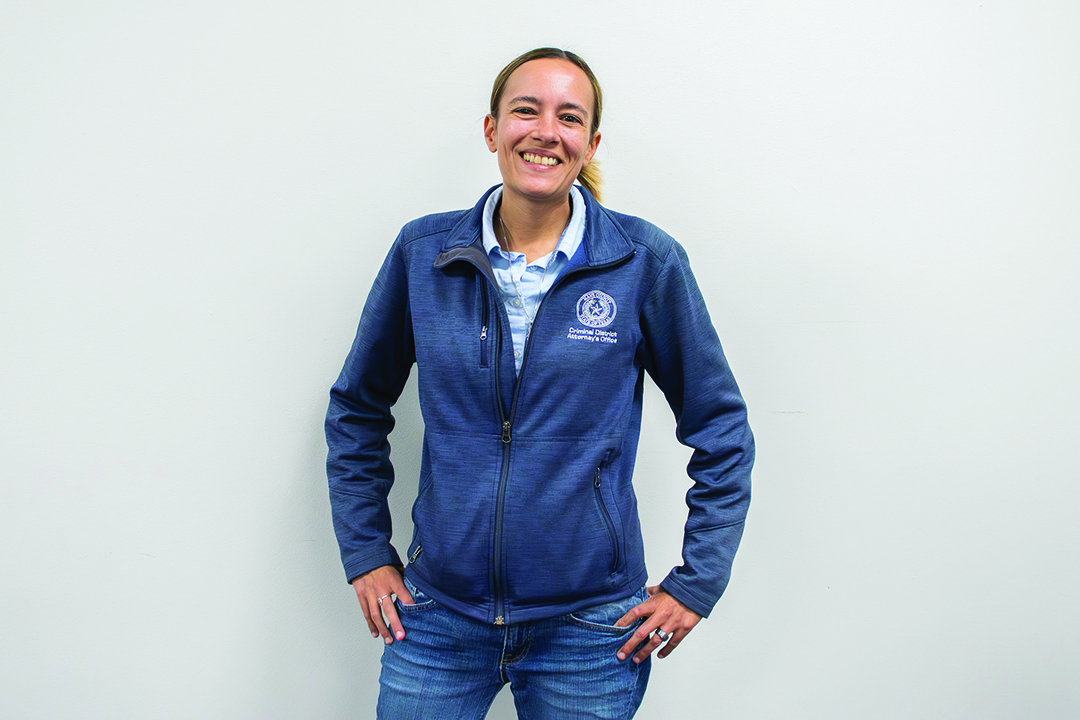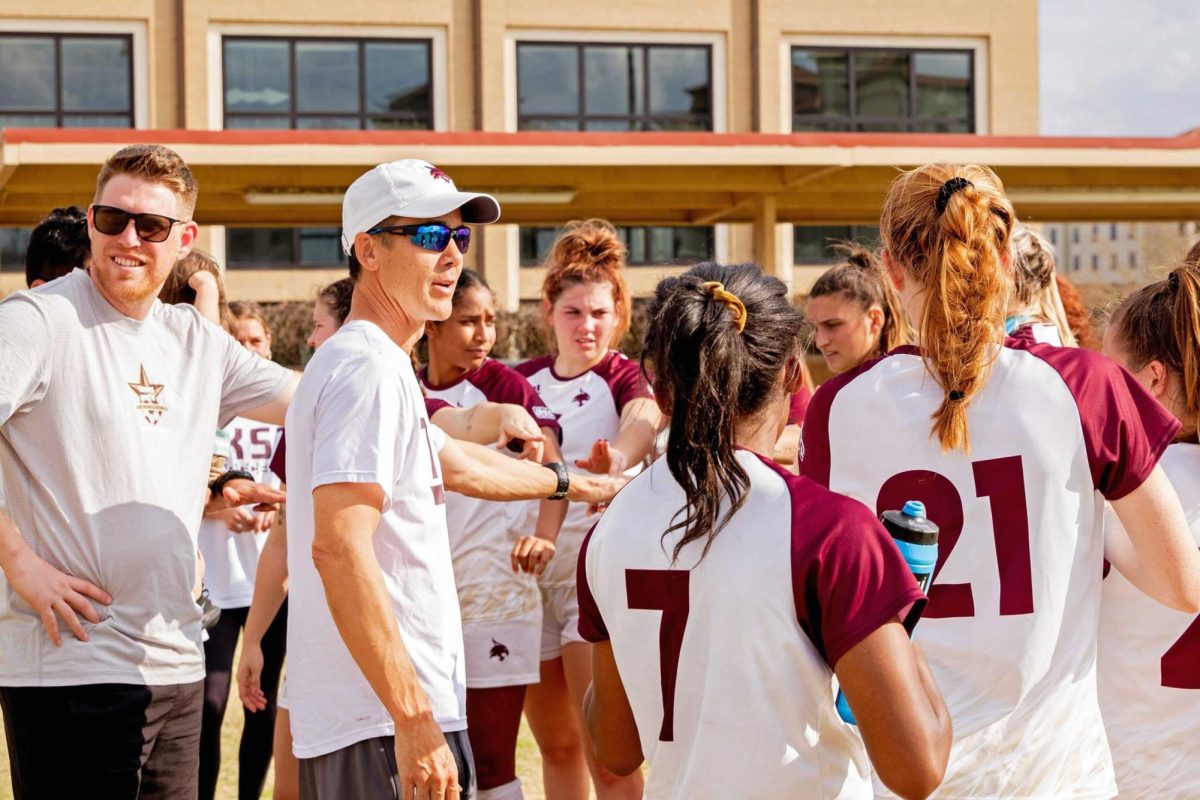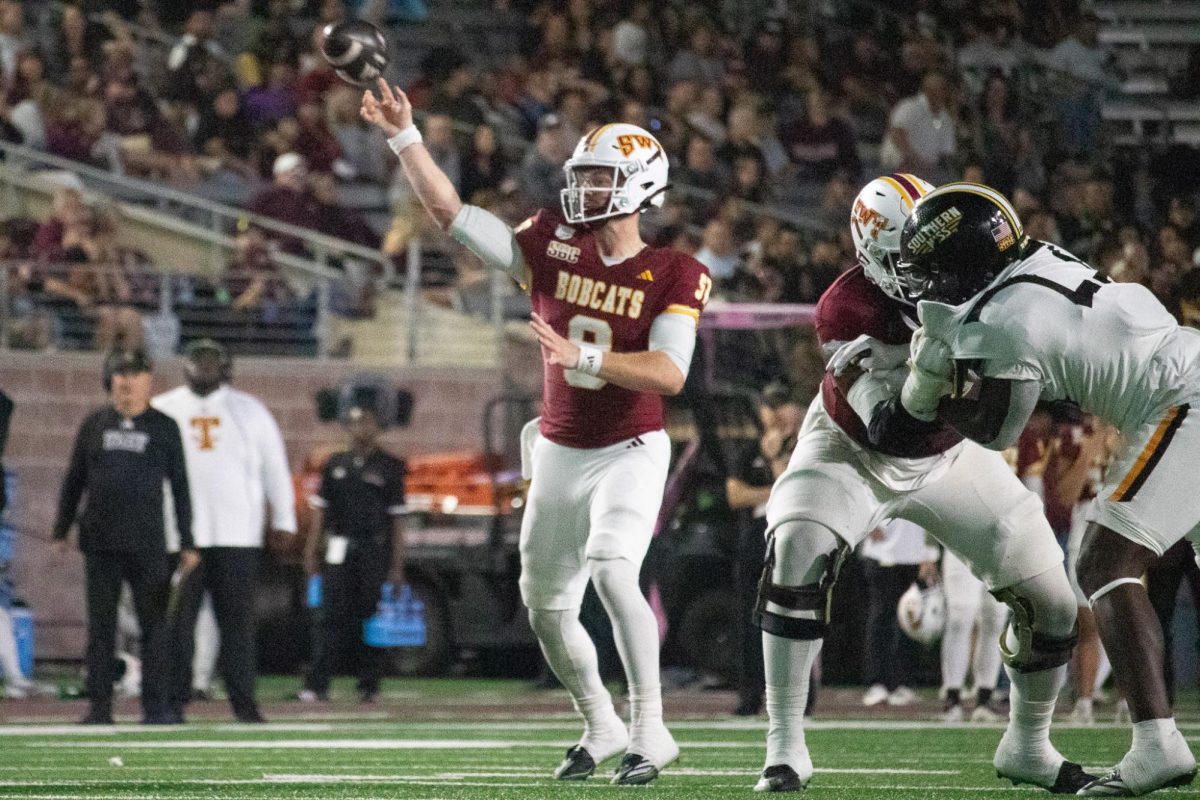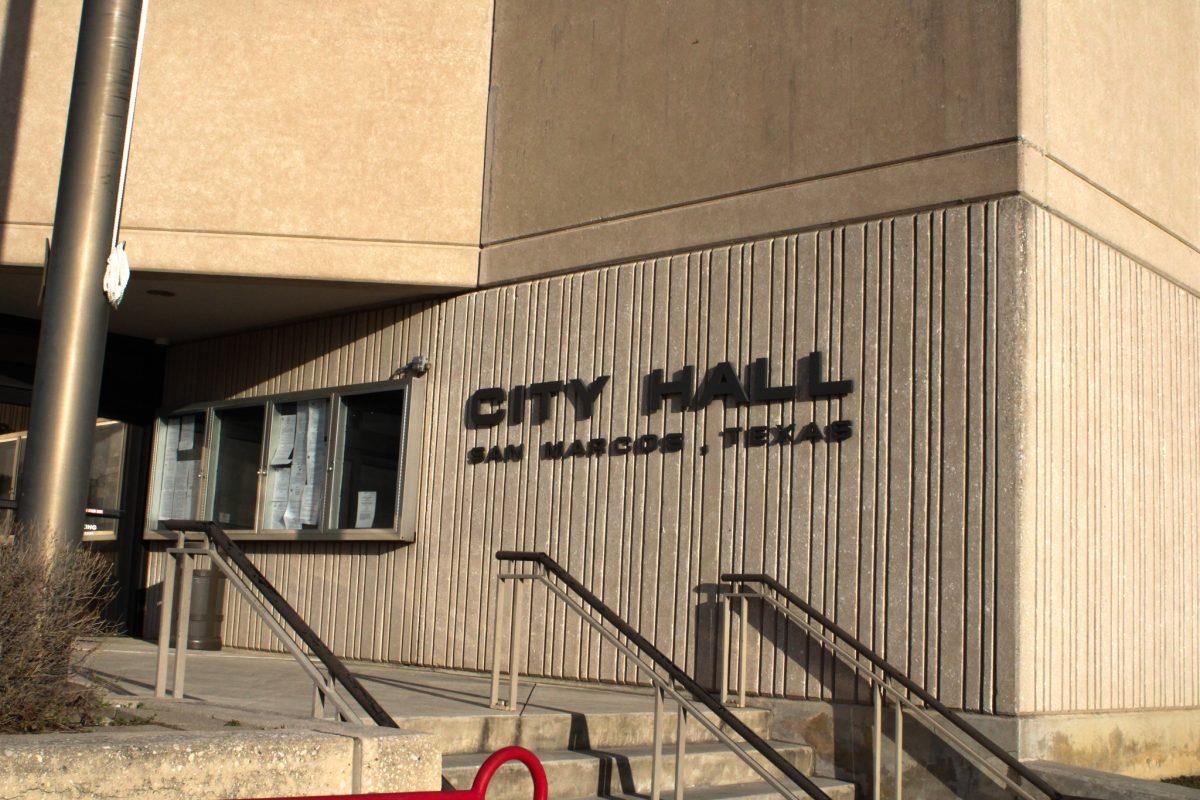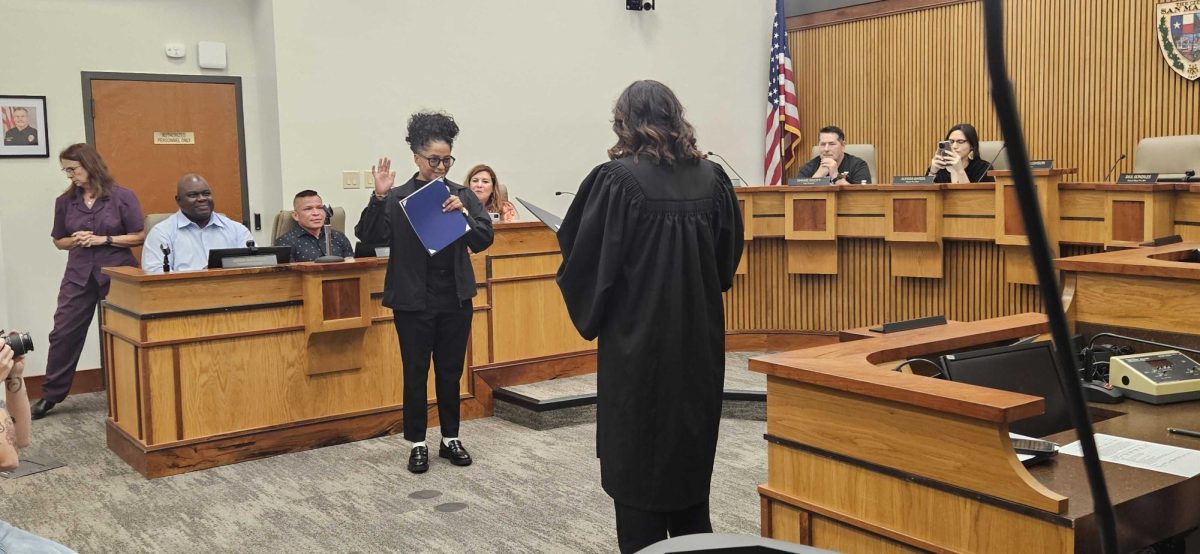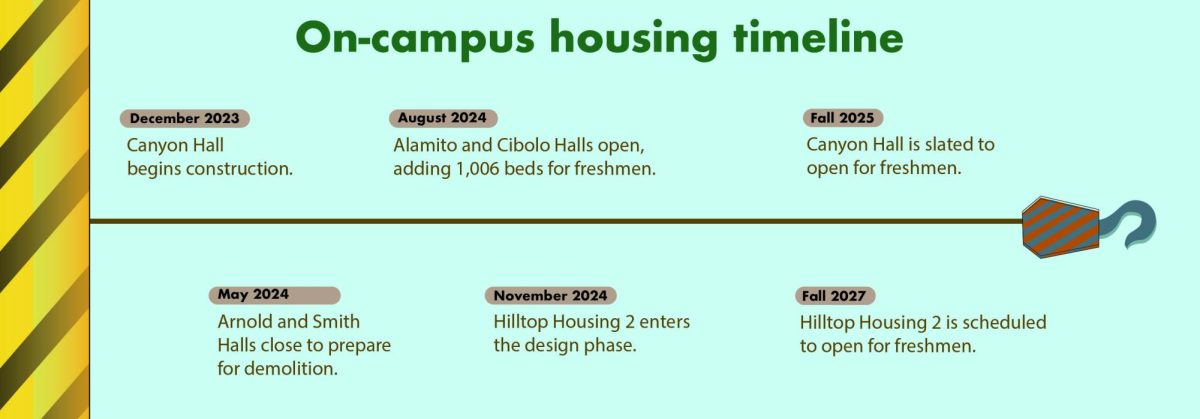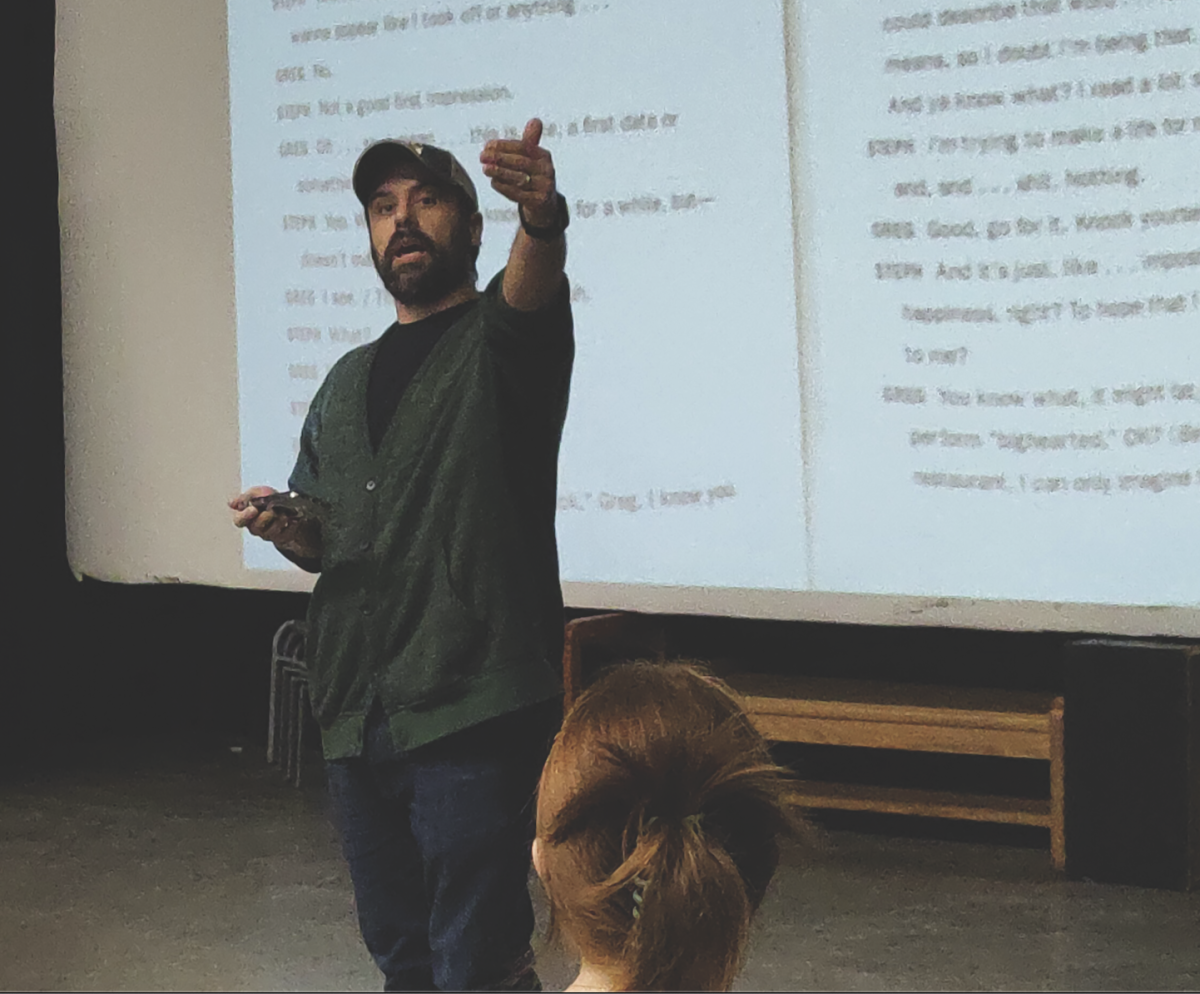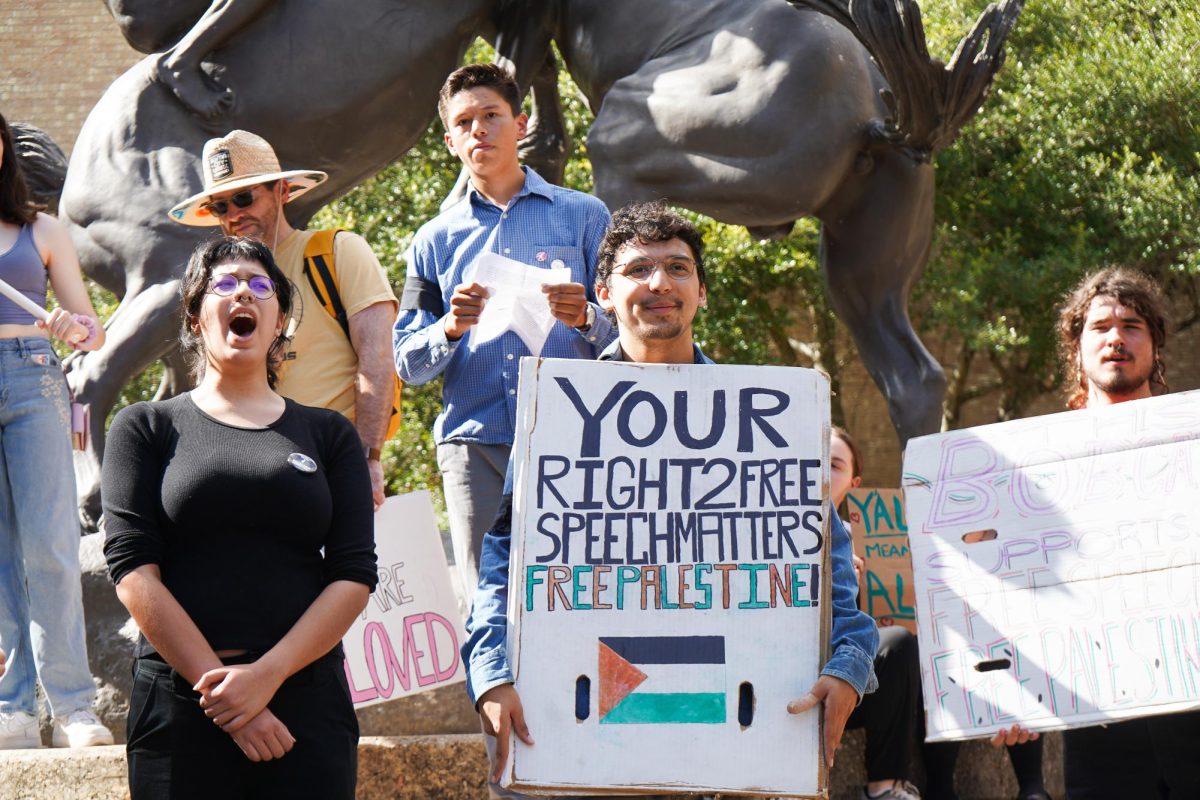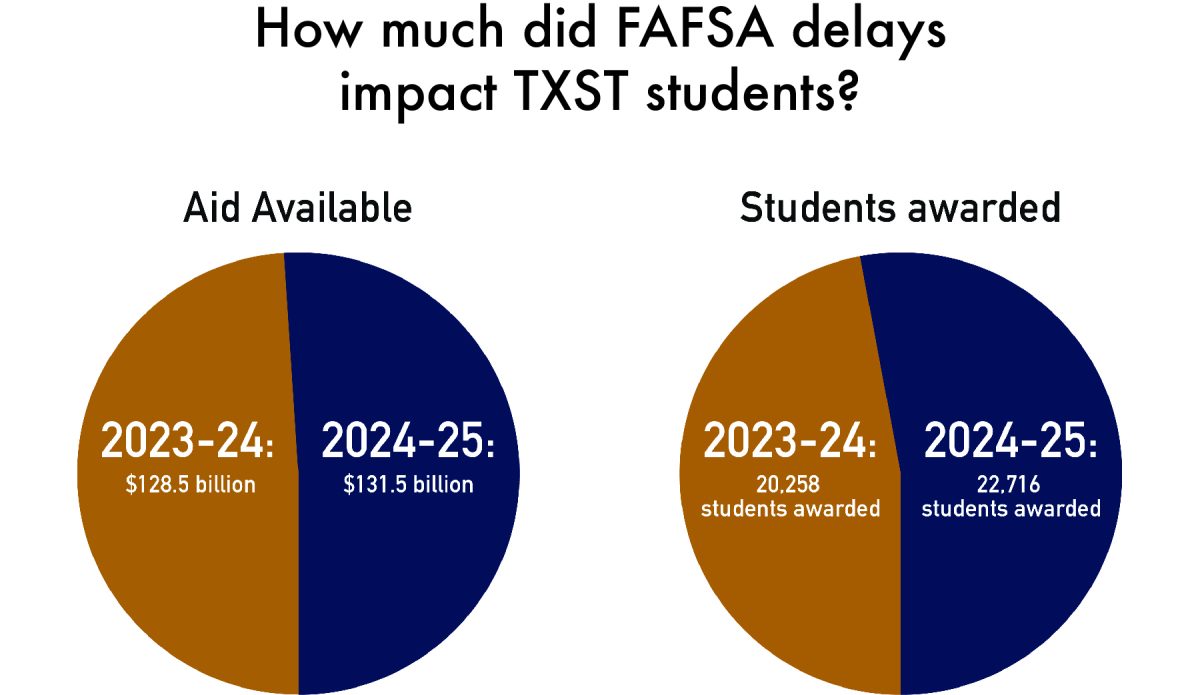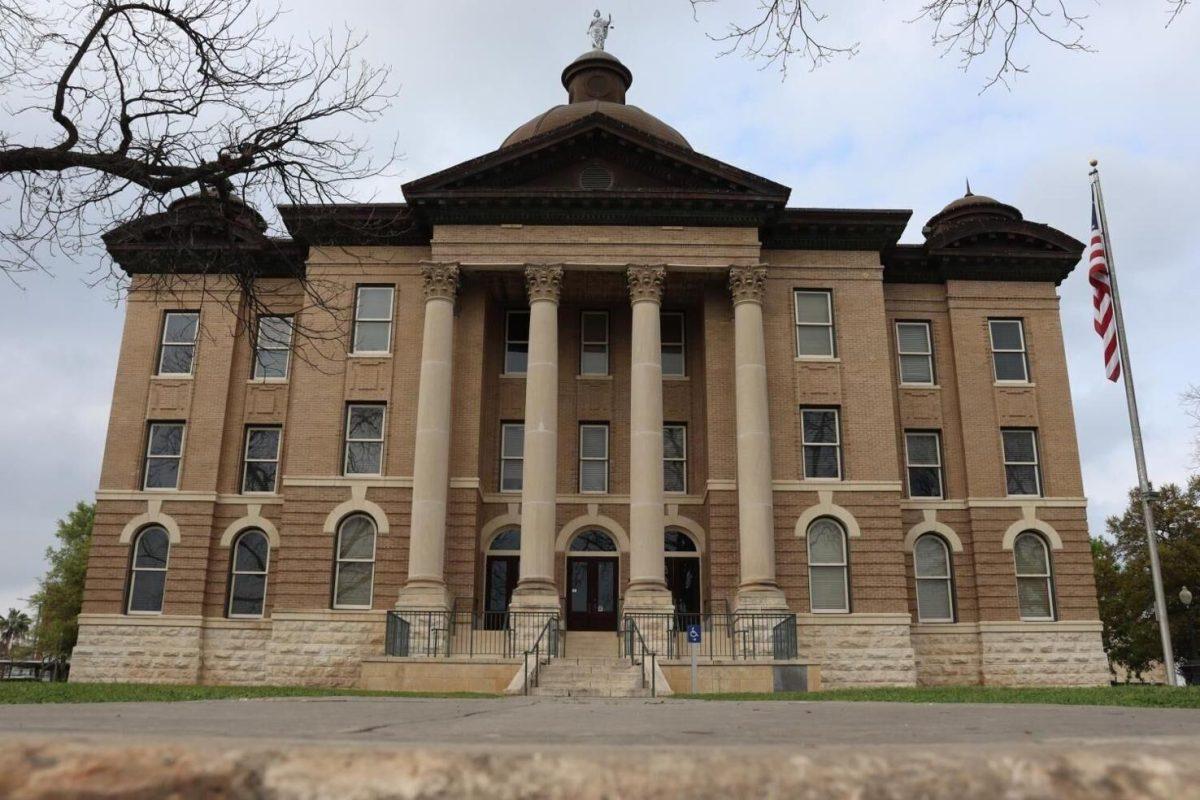The first 2024 presidential debate will be hosted at 8 p.m. on Sept. 16 in Strahan Arena. The debate, which will have thousands in attendance, will have limited options for Texas State students and faculty to attend.
The Committee on Presidential Debates (CPD), the organization that plans presidential debates, gives the majority of tickets to political party insiders or members according to Mary Brennan, co-chair for the Student Engagement Committee, which is helping plan the debate. However, the university is working on ways for students to engage in the debate process.
“The presidential debates are primarily television productions with limited numbers of audience seats available,” a statement by Texas State University on the Presidential Debate FAQ page said. “Distribution of tickets is handled entirely by the CPD, and no tickets are sold to the public.”
Brennan said a small number of tickets may be given to the university by the CPD the week before the debate, but the university has not decided how these tickets would be distributed yet.
“CPD have been adamant that [Texas State doesn’t] have anything to do with tickets,” Brennan said. “Once we get in that week to 10-day period [before the debate], then [CPD] will tell us how many tickets we have available.”
Most students will be unable to get tickets, but Brennan said the university is working on ways that students can volunteer to work the debate.
“There will be lots of opportunities to volunteer,” Brennan said. “[For example], some volunteers might be running people back and forth in cars from hotels.”
According to Brennan, volunteer opportunities are likely to open at the end of the spring semester or during the summer. Postings will be available on the university’s debate website.
For students unable to get a ticket or volunteer, Texas State will be hosting a large watch party, and individual programs may host their own parties across campus.
“There will be numerous watch parties,” Brennan said. “[The university’s] watch party will probably be in the LBJ ballroom.”
Lauren Losh, a public administration junior, said for students with majors like hers, the debate is an rare opportunity, and she hopes the university offers opportunities to engage in the debate even if it doesn’t mean attending in person.
“It would be really great if the administration leaned into what a great educational opportunity this is and encouraged students to attend watch parties and get involved in the debate as much as possible,” Losh said.
One group of students that may be able to attend are students in the School of Journalism and Mass Communications. Faculty are working to create a program for student journalists to shadow media professionals covering the debate.
“There are special considerations for student journalists and [the university] does want [them] to be able to be involved,” Brennan said. “I think [there are efforts] to try to get [student journalists] their own area in the media pool.”
More information on volunteer positions and how to apply will be posted to the university’s debate page when available.


